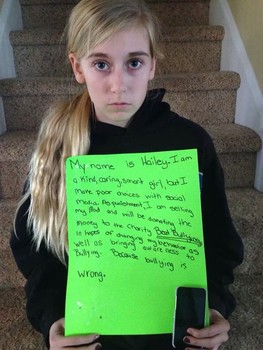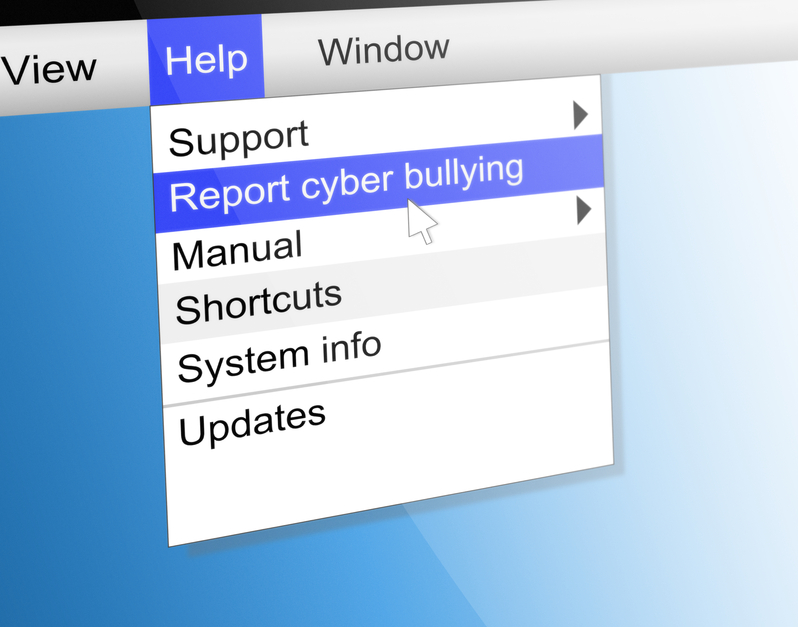Check out this article by the University of Massachussettes Lowell about a recent study involving sexting and recommendations to avoid risky digital behavior.
Research by Assoc. Prof Andrew Harris and Assoc. Prof. Judith Davidson provides concrete data and recommendations related to the use of technology in young adult romantic relationships. Dubbed “sexting” by media outlets, the term involves sharing suggestive photos or messages, mostly by phone. Their paper, “Building a Prevention Framework to Address Teen ‘Sexting’ Behaviors,” details results from their research and provides insights from teens, the group least often consulted about youth behavior and motivations.
“There have been other studies about ‘sexting’ and related behaviors, but they didn’t try to understand what the kids are feeling and how their values influence their actions,” says Harris, who is also the associate dean of Research and Graduate Programs for the College of Fine Arts, Humanities and Social Sciences. “Much of the conversation has been based on limited data and knee-jerk reactions. We found that it is difficult to define ‘sexting’ behaviors and motivations in social context.”



















